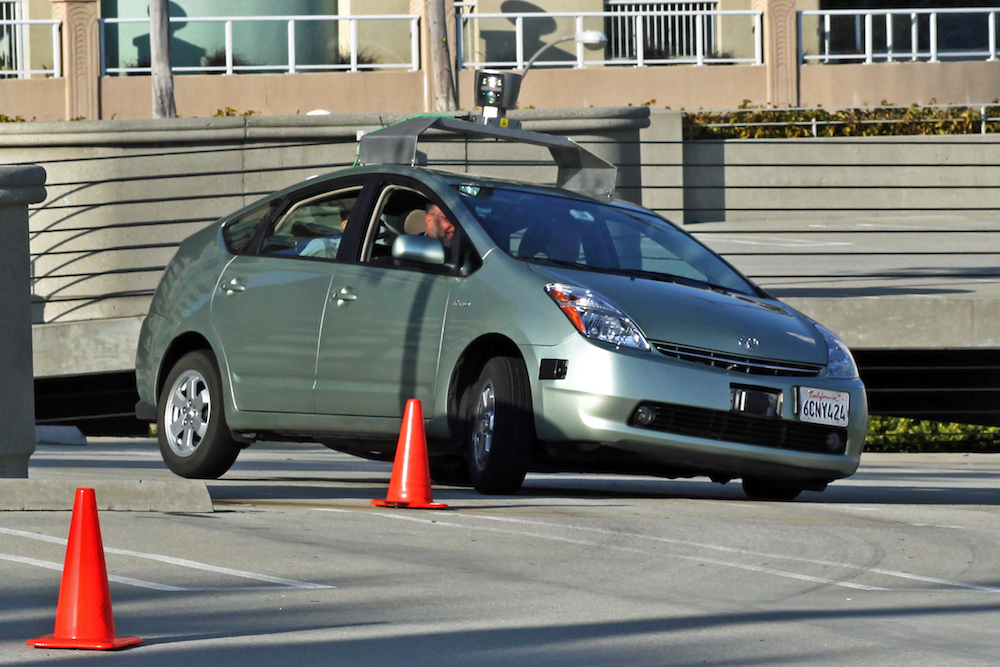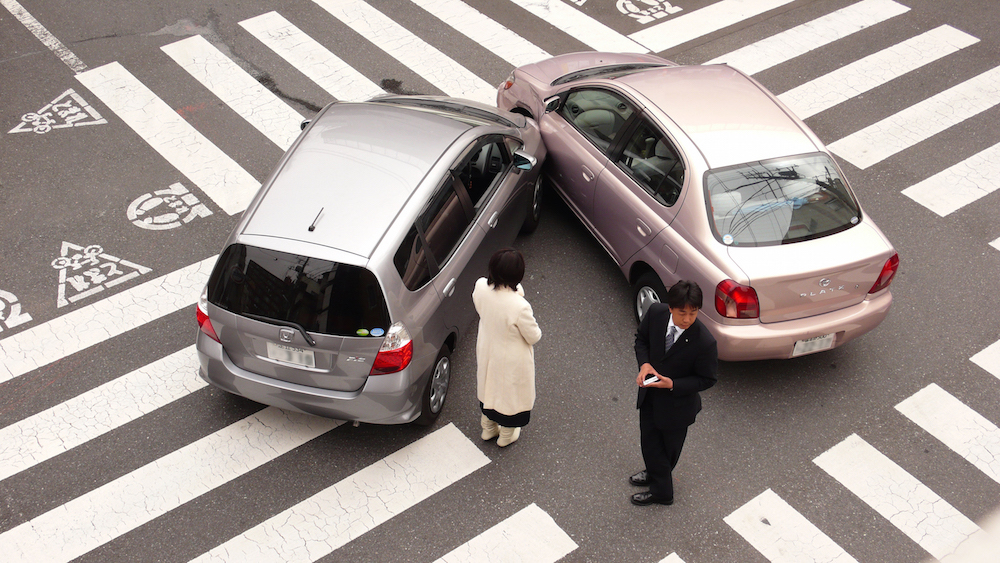Driverless cars might result in a 90% reduction in the number of accidents and collisions and fewer cars on the road in general – those are the predictions. If that happens you would be forgiven for thinking that might spell the end of car insurance, or at least bring about a massive reduction in the cost and number of personal policy holders. It seems to make sense doesn’t it? Fewer cars and fewer accidents suggest fewer policies and fewer policies would mean less revenue. As ever, things aren’t as simple as they might first appear.
The question of how an insurance business earns revenue isn’t solely based on the number of policies, cars or accidents. It’s about who is liable, for what, when and why. General Motors, Google and Uber, among others, might all be planning to launch their own fleets of on-demand driverless cars, effectively leasing them to us as a service – rather than selling them as a product – but that doesn’t mean they won’t need to be insured. They will, especially given the nature of how fully autonomous cars are likely to be introduced i.e. gradually, and mixing in with manual and semi-autonomous cars. All of which means there will be a continued need for car insurance but for it to adapt to the changing role of the driver, car manufacturers, part suppliers, and the risks and capabilities of the technology involved.
The state of California, for example, has recently issued guidance stating, for the time being, there will always need to be a qualified and insured driver ready to take the wheel of any driverless car leased – not sold – to the public. That seems to defeat the purpose of a driverless car, but it’s probably more of a tactical decision designed to safeguard the public yet still permit self-driving cars to develop and enter the market with respect to current driving culture and law.

Technology will cause a shift in liability
Autonomous vehicles are going to be built and networked in ways far beyond what is happening today; they will be open to hacking and other forms of technological attack which will need insuring against. And the public knows it. According to a recent uSwitch survey, hacking is a concern of 66% of the British public when asked why they didn’t trust driverless cars, although a bigger concern (70%) was a lack of trust in a self-driving car’s ability to make a “human” decision – something we’ve touched upon before. The same survey also revealed 17.4% of people thought the manufacturer should be liable in the event of an accident with a driverless car.
So what seems likely at the moment is that liability will shift from individuals and owner-drivers to the manufacturer or leaser. If an individual isn’t in control of the vehicle, or hasn’t been properly informed about the autonomous features and their responsibilities while the car is in autonomous mode, then it’s reasonable to see why people would either refuse to get into a driverless car or reject being liable. This is perhaps one reason why Volvo has already declared its intention to take responsibility for collisions if the autonomous tech is at fault.
Insurance will diversify
The volume of policies sold to individuals might decrease in the long run – if fewer cars are being bought by individuals – but not necessarily the value of each policy. More policies will be sold to manufacturers and parts suppliers as well as to companies holding the data generated by all the cars.
Since driverless cars are using new technology, which is in the early stages of being tested, there could be all manner of risks to insure against at various price points. As the technology evolves, so will the risks and nature of the insurance required. Even today’s policies for manual cars are having to adapt to unprecedented threats as a result of existing technology. Most of us have heard of how a Jeep Cherokee was hacked last year, its brakes and wipers being controlled remotely.
Tech company Uber, for example, probably won’t manufacture any of its future fleet of driverless taxis. It will likely partner with an established manufacturer and other suppliers. Each of those suppliers, producers or assemblers could in theory need some sort of insurance if they have a stake in how a driverless car is built, how it operates or is maintained. That is all potential business for insurers.
Individuals might still need a policy of some description, even in the far future where humans might not even be allowed to drive – because we are responsible for 90% of accidents. People might leave valuables in a driverless taxi, just as they do today. People might want to insure themselves with rescue-and-return-home policies in the event a driverless car does malfunction or leave them stranded.

There is time to adapt, insurers can lead the way
Driverless cars will not replace manual cars overnight. In spite of all the hype, they’ll likely be introduced over a transition period of a couple of decades. Some of the risks of driverless technology are known but others will only be revealed as the cars develop and in light of how they perform on the road. So there is an opportunity for insurers to try and predict some of the risks and to respond to latent risks, offering corresponding policies on an ongoing basis.
[separator type=”default-double”]
Insurance for driverless cars might still be a few years off, but here at Adrian Flux we can insure hundreds of makes and models of car, van, caravan, and motorbike. We also offer very competitive home, travel and pet insurance.
Visit www.adrianflux.co.uk to find out more.
